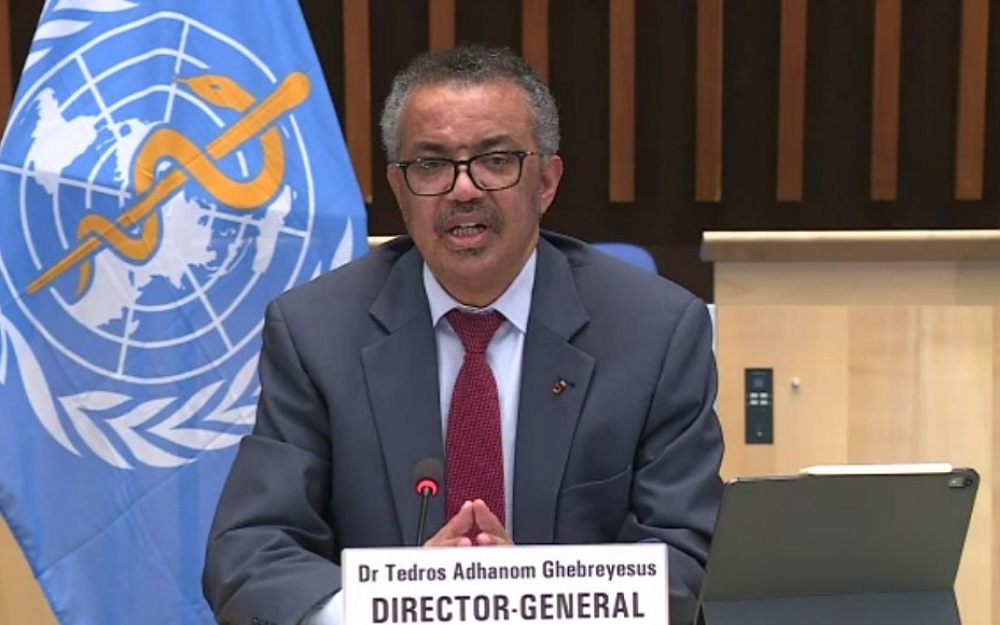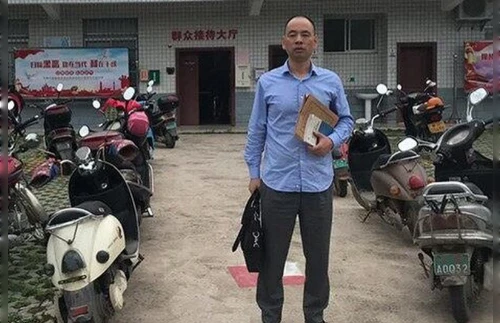
New studies by the World Health Organization and the United Nations show people suffering from noncommunicable diseases are more susceptible to becoming severely ill and dying from COVID-19.
Noncommunicable diseases kill more than 40 million people a year worldwide. The World Health Organization says seven out of 10 deaths globally are caused by cardiovascular diseases, cancer, diabetes, respiratory and other NCDs.
Of those, the data show, 17 million people die prematurely, the great majority between the ages of 30 and 70. Most of the deaths occur in low-income countries.
Nick Banatvala, the head of a U.N. task force on noncommunicable diseases, said Friday that NCDs and their risk factors are increasing susceptibility to COVID-19 infection and the likelihood of worse outcomes, including in young people. He said research from academics in several countries demonstrates the scale of the problem.
Obesity, smoking, diabetes
“In a study in France, the odds of developing severe COVID-19 were seven times higher in patients with obesity,” he said. “Smokers are 1½ times more likely to have severe complications from COVID-19 and had higher mortality rates. … People with diabetes are between two and four times more likely to have severe symptoms or die from COVID-19.”
Banatvala said other studies have shown similar outcomes for people with chronic pulmonary or cardiovascular diseases, cancer and so on.
“Overall, almost one-quarter of the global population is estimated to have an underlying condition that increases their vulnerability to COVID-19, and most of these conditions are NCDs. … Let me remind you, 70 percent of deaths globally are from NCDs, and yet NCDs receive less than 2 percent of development assistance for health,” he said.
Banatvala called this shortsighted. He said a 2018 WHO study showed that investing in cost-effective preventive health measures could save both money and lives.
He said the study found that for every dollar invested in preventive measures, there would be a return of $7 by 2030. He also said that using these initiatives over the next decade could result in saving 8.2 million lives.
–VOA
Chinese Rights Lawyer Lu Siwei Sentenced to 11 Months in Prison
After Inhaling Deodorant Spray in TikTok Challenge,Eight Years Old Brazilian Girl Dies
Regular Exercise Keeps Your Pet Healthy
How to Report Child Abuse in India
Sri Lankan Police Pull Plug on Vietnamese Monk’s Tour Until He Changes Visa
North Korean Troops May Enter Ukraine Doon,Kyiv Warns
First Time Parents At Nearly 100 Years of Age
Home Made Food for Pets
Subscribe Our You Tube Channel
Fighting Fake News
Fighting Lies
















